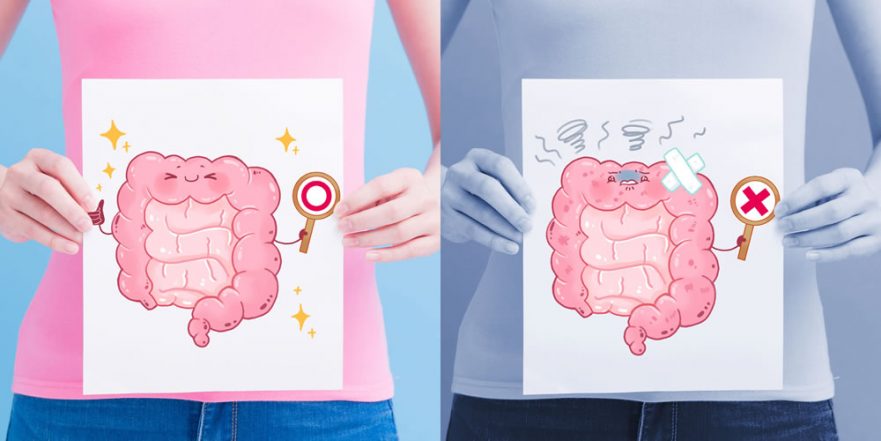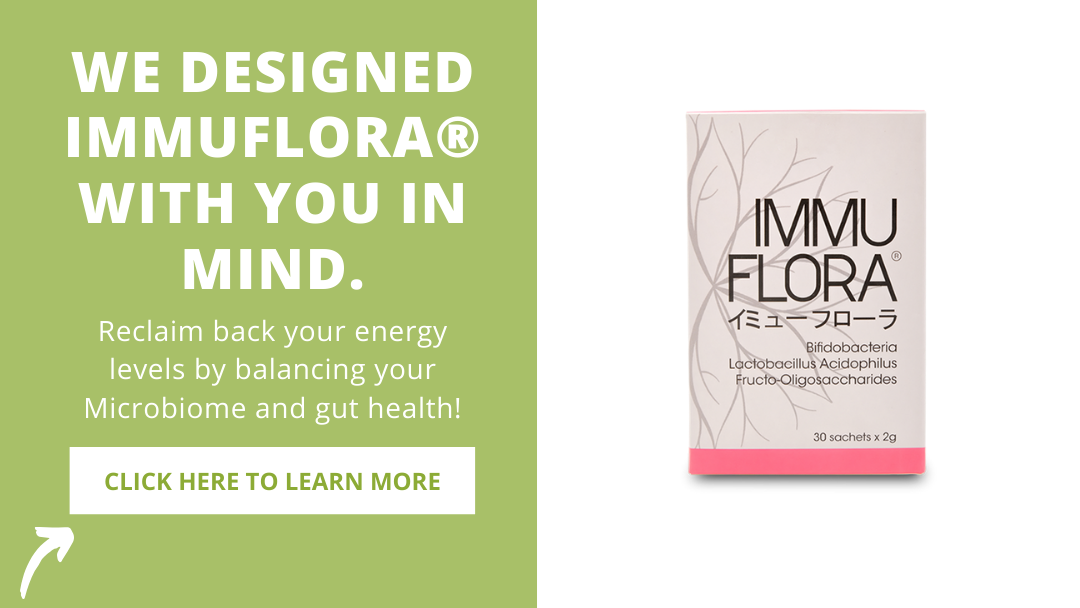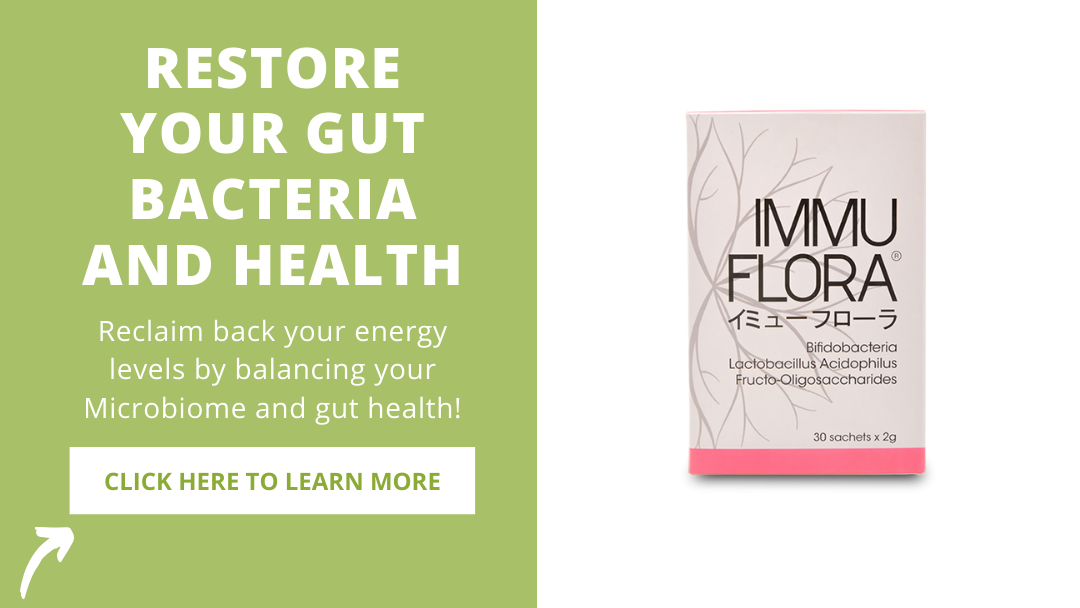You’ve probably been taking some form of probiotics since you were a kid without even knowing it…
Those little yoghurt drinks everyone remembers from their childhood? That’s a source of probiotics.
Or if you grew up eating kimchi, yoghurt or sauerkraut – those are probiotics too.
In more recent times everyone has been talking about the benefits of probiotics taken as a daily supplement to your diet (ourselves included!) and the positive effect it has on your health.
With so much information out there we know it can be confusing!
So we’ve decided to put together this comprehensive guide on everything you need to know about probiotics but had no idea where to start at:
The History Of Probiotics – How Did We Get Here?
Probiotics have been found in natural forms for hundreds if not thousands of years, mainly through different types of foods…
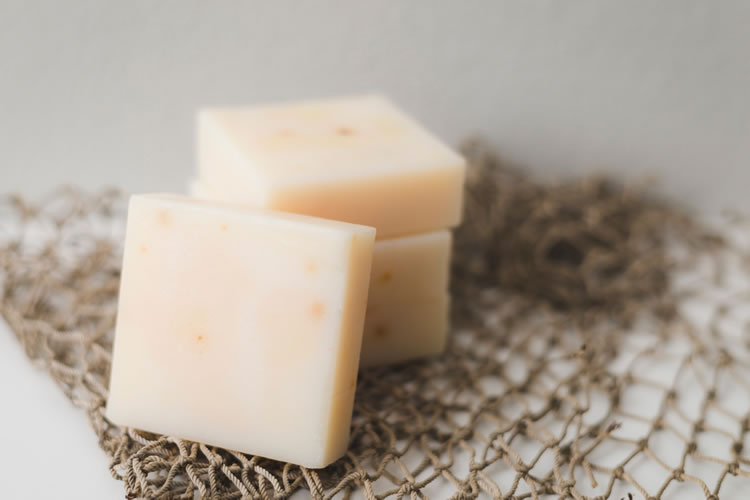
Commonly you would find probiotics in fermented foods such as cheese, yoghurt, pickled vegetables such as kimchi and more.
Tracing back in history, you would be able to find evidence that the ancient Greeks and Romans were some of the first civilisations who recommended probiotic consumption through cheese making and fermented products.
The modern-day focus on probiotics having a positive role in your gut health was first introduced by Nobel laureate Élie Metchnikoff, who in 1907 suggested that it would be possible to modify the gut microbiota and to replace harmful microbes with useful microbes. [source]
He proposed that certain microbes in the large bowel contributed to the aging process by producing toxic substances.
From his studies and those of other scientists of the time and after – ‘good’ or ‘beneficial’ bacteria were introduced into peoples’ diets to counteract various ailments.
These included:
- Bifidobacterium
- Lactobacillus acidophilus
Amongst others.
The word ‘probiotics’ is said to be derived from the Latin phrase ‘for life’ as a testament to what they can do for the body.
Before we get to probiotics themselves, let’s talk a little bit about the center of your system – your gut and gut bacteria…
Your Microbiome: The World Inside You
Many researchers describe your gut as a garden – one that is full of living, breathing flora and fauna.
These represent trillions of bacteria that live there, each with a role to play in keeping the balance of your digestive health.
Because they are living organisms, you have to take care of them like you would take care of a bed of flowers…

You need to feed them well, not stress them out, let them rest and so on.
And also like flowers, they can be sensitive to changes – such as a low nutrient modern diet. The more of this is fed into your gut, the weaker and more depleted your microbiome becomes.
It can even be almost completely wiped out when exposed to strong medications like antibiotics!
When that happens, your gut health starts to decrease – potentially leading to chronic issues and illnesses.
Bacteria – Where Is It Found On Your Body?
It may seem a bit uncomfortable to be reading about bacteria taking up residence all over and inside your body – but this knowledge is key.
Understanding that if you keep them well balanced, so too will you feel well balanced.
In fact some of the common bacteria that share your body can be found in different places all over your body:
- Skin
- Nose
- Mouth
- Throat
- Stomach
- Small intestine
- Colon
- Urinary tract
Key Functions Of Gut Bacteria
Some of the key functions of the gut bacteria that make up your Microbiome include:
- Crowd out bad bacteria (pathogens)
- Digest your food
- Absorb certain nutrients into your body
- Production of digestive enzymes
- Helps your immune system tell friend from foe
These core actions, when your microbiome is working effectively, help you get through all the tasks you need to do in a day.
But when they are compromised, those same tasks can seem 2 or 3 times more difficult than they normally are.
Studies have shown that your gut health also can influence your skin health, mental health and also how likely you are to fall sick from the common cold…
Great But You Haven’t Told Me What Probiotics Are Yet!
Ok, so now that you know about your Microbiome, then you know that your digestive tract is filled with trillions of bacteria that perform many different functions.
Probiotics (specifically probiotic supplements) can be explained in a few ways, but in essence they are the good bacteria that you can add to your system to counter various health issues…
WebMD describes them as:
“Probiotics are live bacteria and yeasts that are good for you, especially your digestive system. We usually think of these as germs that cause diseases. But your body is full of bacteria, both good and bad. Probiotics are often called “good” or “helpful” bacteria because they help keep your gut healthy.
You can find probiotics in supplements and some foods, like yogurt. Doctors often suggest them to help with digestive problems.”
Harvard Medical also explains what probiotics are in a similar way:
“What are the benefits of taking probiotics? Bacteria have a reputation for causing disease, so the idea of tossing down a few billion a day for your health might seem — literally and figuratively — hard to swallow. But a growing body of scientific evidence suggests that you can treat and even prevent some illnesses with foods and supplements containing certain kinds of live bacteria.”
Probiotics occur naturally in foods like we mentioned earlier in this article, but as a daily supplement you would normally find:
- Drinks or foods with added probiotics
- Probiotic supplements (pills)
- Probiotic supplements (powder-based)
Which you can find in most major pharmacies or through online natural health stores like ours.
How Do Probiotics Help With My Overall Health?
When your gut bacteria is diminished because of medication, a recent virus, food poisoning or years of bad diet habits – it can and will throw off your entire gastrointestinal (GI) tract.
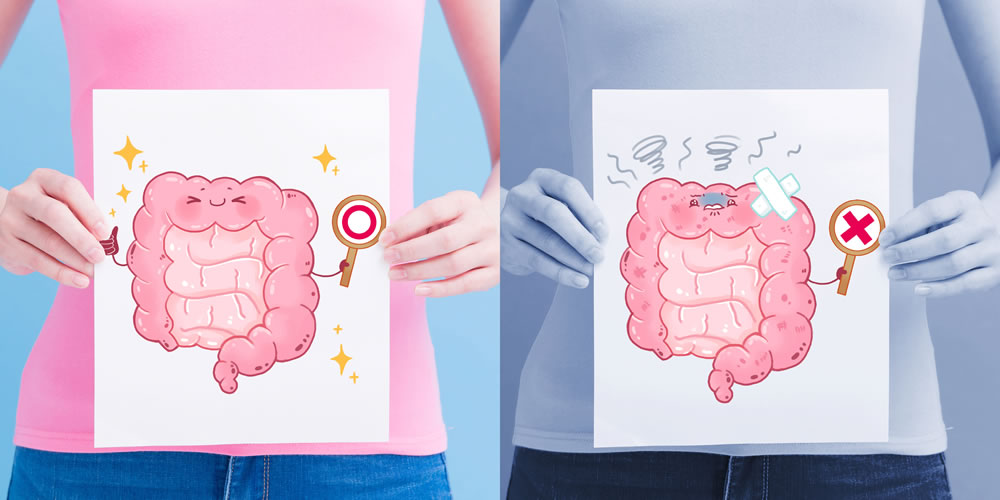
Your GI tract has been found to effect:
- Your digestion
- Overall immunity
- Skin health
- Mental health
- Energy levels
To replenish this balance, the best weapon we have at our disposal would be adding a dose of high quality probiotics to your daily routine.
The ‘good bacteria’ that is found in high quality probiotics rebalance your gut to make it run back to, or better than before which has the knock-on benefit of improving the conditions mentioned above.
But with all the options available out there, what are your options and how do you choose the right one?
Bacteria Strains – Just Enough Is Enough.
Don’t believe all those marketing messages you see where they claim you need 50 billion, 100 billion cells of good bacteria in your probiotics…
Too much can be a bad thing too! Overcrowding your gut with excess bacteria can just as easily throw off your microbiome balance.
You’ll want a good balance of 1 – 10 billion cells of:
- Bifidobacterium Longum
- Lactobacillus Acidophilus
Or a combination of both.
Prebiotics
Prebiotics feed the good bacteria. Most over-the-shelf products are missing this key ingredient – a natural food source that stimulates the growth of the friendly bacteria that is contained in probiotics.
Look for probiotics that contain prebiotics such as Fructo-Oligosaccharides as well as the normal composition of bacteria above.

Adding oats to your diet in the morning can also be a good source of prebiotics.
Shelf-stable vs. Refrigerated
Some probiotics are more sensitive than others – after all bacteria are living organisms…
This leads to some probiotics that need to be kept at low temperatures in the fridge to keep them alive.
Once they reach room temperature for too long they essentially die.
However most probiotics in pharmacies (including our own products) are made to be shelf stable, meaning they can be kept safely at room temperature.
These type of probiotics stay dormant when stored properly and activate when they are added to water or when they hit the digestive fluids in your stomach.
For ease of use and convenience, we always recommend shelf-stable probiotics.
What About My Kids – Can They Take Probiotics Too?
Yes – and they should!

Children are still developing and their gut and digestive health is developing along with them.
But in a modern-day environment, they are exposed to many things that can cause their Microbiome to become imbalanced, such as:
- Heavily processed food
- Junk food
- Toxins in the air and water
- Over reliance of antibiotics at a young age
- Common cold and flu
- Lower outdoor activity
Avoiding and improving on the above should be your first step, but to aid in recovery it’s fine to give children probiotics – in fact many products are available for them.
Our own blend of Immuflora® probiotics for example is made:
- In a powder form, so no pills to swallow
- Just add to water and take daily (½ sachet for young kids or 1 sachet for older kids daily), or consume directly from the sachet.
- All natural – no preservatives or chemicals
- Just the right balance of good bacteria
- Can be stored safely at room temperature
- Tastes great with all-natural lemon flavour
- With scientific breakthrough, which allows it to survive stomach acids to emerge intact in the intestines
I would avoid any of those probiotics that are made into sweets, such as ‘gummy bear probiotics’ or heavily sweetened yoghurt drinks with ‘probiotics added’…
They contain far too much sugar and additives and could be far worse for their developing guts than they claim!
How Do You Enhance The Power Of Probiotics?
Probiotics alone is not enough if you abuse your overall health through overeating, smoking, lack of exercise and chronic stress…
If you really want to reap the benefits of probiotics, I recommend you start with 2 simple steps:
- Being mindful of your diet
- Getting more activity/ exercise into your week
These two topics would be enough to write an entire guide by themselves – but why not try something simple for each which you can start today?
Diet – Focus On Plants
Please understand that I am not asking you to become a vegetarian!

What I mean is that if you focus each meal around wholefoods and plants, you’ll make more health-conscious choices.
For example, instead of eating a mixed rice dish with 2 meat dishes and 1 side of vegetables, you can instead eat it with 2 vegetables and 1 side of meat.
This simple act (which you can easily do for all meals) will reduce your intake of foods that are harder to digest and increase your fiber intake – both of which are beneficial to your gut.
Activity – Just Get Up And Go
If you find a way to get 10-20 minutes of increased activity each day, you will be able to increase your metabolism, speed up your digestion and improve your overall health…
What does ‘increased activity’ mean?
For most people that would mean you get your heart rate up to a level where you can really feel it beating in your chest, but not so hard that you hear your heart thumping in your ears.

This can be achieved by doing many different activities like:
- Jumping jacks and push ups at home
- Burpees
- Going for a brisk walk
- Walking up stairs
- Skipping
- Gym work
- Swimming
- Sports
- Outdoor activities
- Yoga and pilates
Of course, you need to clear these activities with your doctor first if you have any underlying medical conditions.
When you combine these two components with regular probiotics, you are on the way to recovering your gut health, improving your immunity and overall lead a energised and healthier lifestyle for you and your family.
I hope this makes it clearer to you what probiotics are about, how they are used and why they are good for you?
If you are looking for a high quality probiotic, you don’t have to look any further than Immuflora® – made from only natural ingredients and developed with over 20 years of experience, we have sold over 1,000,000 sachets across Asia!
If you enjoyed this article please share with friends or contact us.

